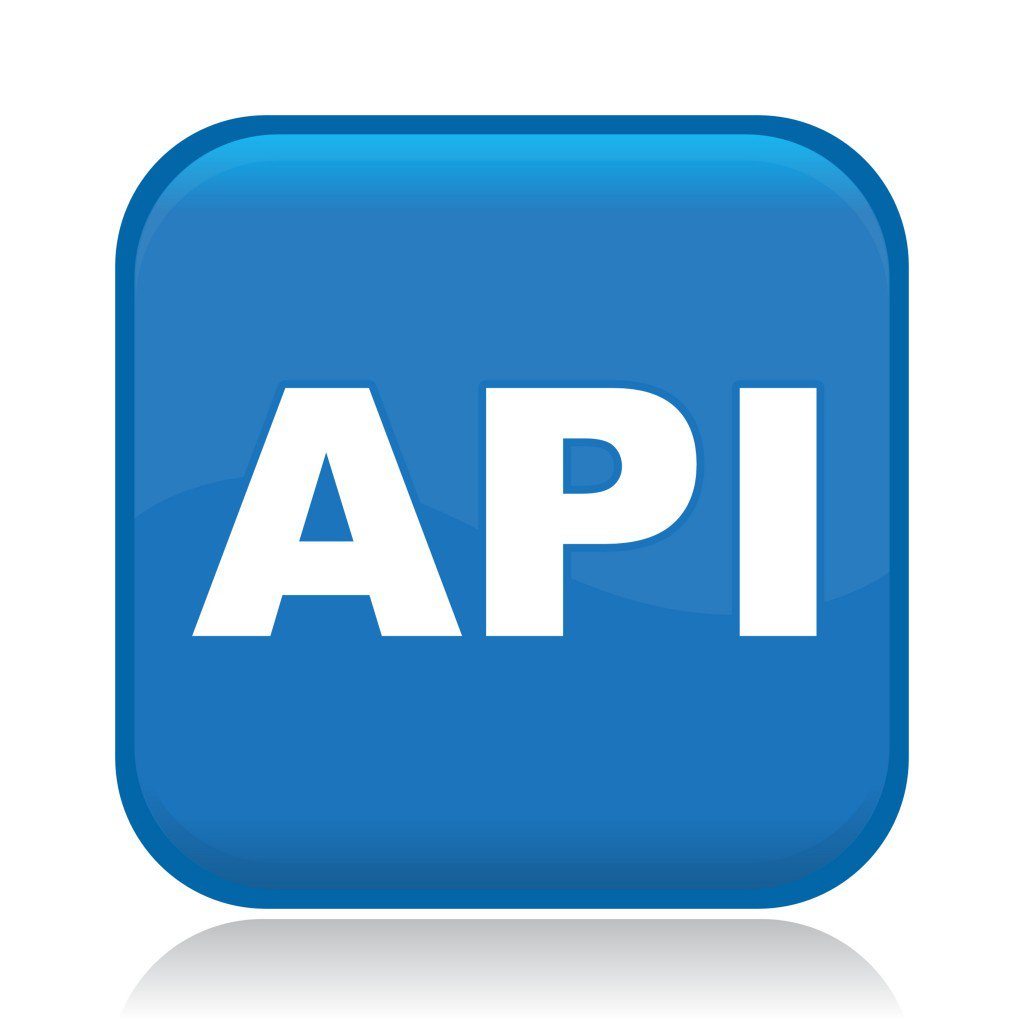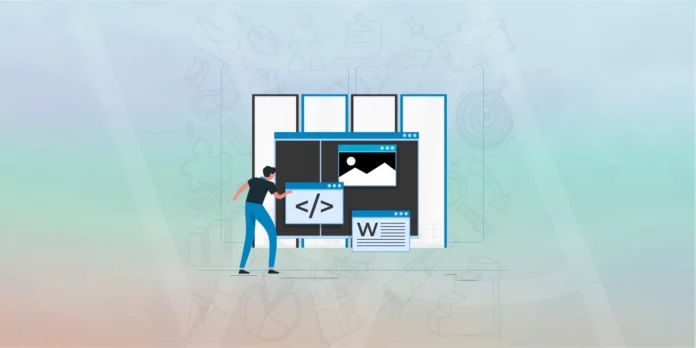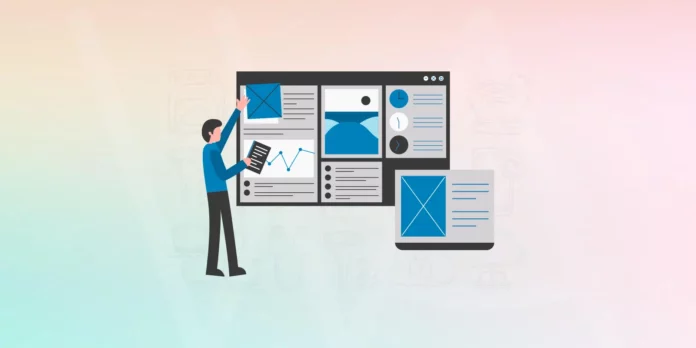Difference between WordPress.com and WordPress.org
Obtaining an API key for a self-hosted WordPress blog can be very confusing. When you host WordPress on your own domain there are some plugins that require an API key that must be obtained from WordPress.com.
When I setup new blogs for clients I get questions about this confusion all the time.
There are two different WordPress sites and the difference between the two to start is the .com or .org extensions. Again one is www.wordpress.com (notice the .com on the end?) This is where anyone can register and start a blog hosted on the WordPress.com domain. Your blog will have a URL something like this: The “myblog” part will be what you choose. This means that your blog is on a subdomain of the main WordPress.com domain.
The other site is www.wordpress.org. Again notice the .org extension and not the .com? This site is where you can download the files needed to install and run a self-hosted WordPress blog on your own domain. You can also find just about all the information you need here to use, customize and troubleshoot a self-hosted WordPress blog.
Now here is where it gets even more confusing for new bloggers. Even if you have a self-hosted WordPress blog on your own domain, you will still need to register and obtain an API at wordpress.com, Yes .com, to use certain plugins. Even if you are not going to setup and use a blog on wordpress.com! Registering at wordpress.com will generate an API key. This API key is not blog specific, meaning that the API is tied to you and your account.
Even more, confusion will follow if you don’t pay attention here! If you have a self-hosted WordPress blog you will login to that blog’s dashboard through your own domain with the username and password generated when that blog was installed on your domain. But when you register at wordpress.com (to get an API key) you will need to generate a completely different profile, username and password. Again you will login to the wordpress.com Global Dashboard with a completely different username and password then that of your self-hosted WordPress blog!
Even if you have or had a blog hosted on wordpress.com you will use the same API key for all other blogs you start no matter if it is a self-hosted blog on your own domain or on wordpress.com. Again the API key is always the same no matter how many blogs you have and where they are hosted.
Yet, even more, confusion to watch out for!!! But first why even get an API key? Some plugins need an API to work properly like WordPress Stats and Akismet spam blocker. So say you are logged into your self-hosted WordPress blog on your own domain, and you click the blog stats plugin option. This will take you to the wordpress.com Global dashboard. If you are not logged into the wordpress.com Global dashboard, with a username and password different from your self-hosted blog, you will be asked to log in again. Confusion Alert! Confusion Alert! This login screen looks exactly like the one you just used to get into your self-hosted blog’s dashboard. You scratch your head and say “What? I already logged in”. Look at the address bar in your browser. Where are you? Are you on your self-hosted blog’s domain or at wordpress.com?
People have changed passwords when unable to login to either the Global dashboard or their self-hosted blog because of this confusion. And then try to use the wrong password on the wrong site because the login screens look the same. So if you swear you know the right password and can’t login, look at the browser’s address bar and see where you are!
What if you want to add a new self-hosted blog on your own domain and want to delete a blog you once had/have hosted on wordpress.com? I am not well versed on the wordpress.com blogs but I suggest you keep it and use both. But if you must delete it, first add your new self-hosted blog at the Global dashboard on wordpress.com, then go into the blog’s dashboard hosted on wordpress.com and click Options, Delete blog. Don’t worry about deleting a self-hosted WordPress blog like that, it can’t be done that easily.
So now you should know the differences between wordpress.com and wordpress.org, the Global dashboard and the self-hosted dashboard and why you need to obtain an API key. If I confused you more now than you were before please ask me more in the comment section below.
You don’t need an API key for self-hosted WordPress blogs, only if you want to use the plugins that require it do you need the API key. If a plugin requires it you will know when you activate the plugin.






